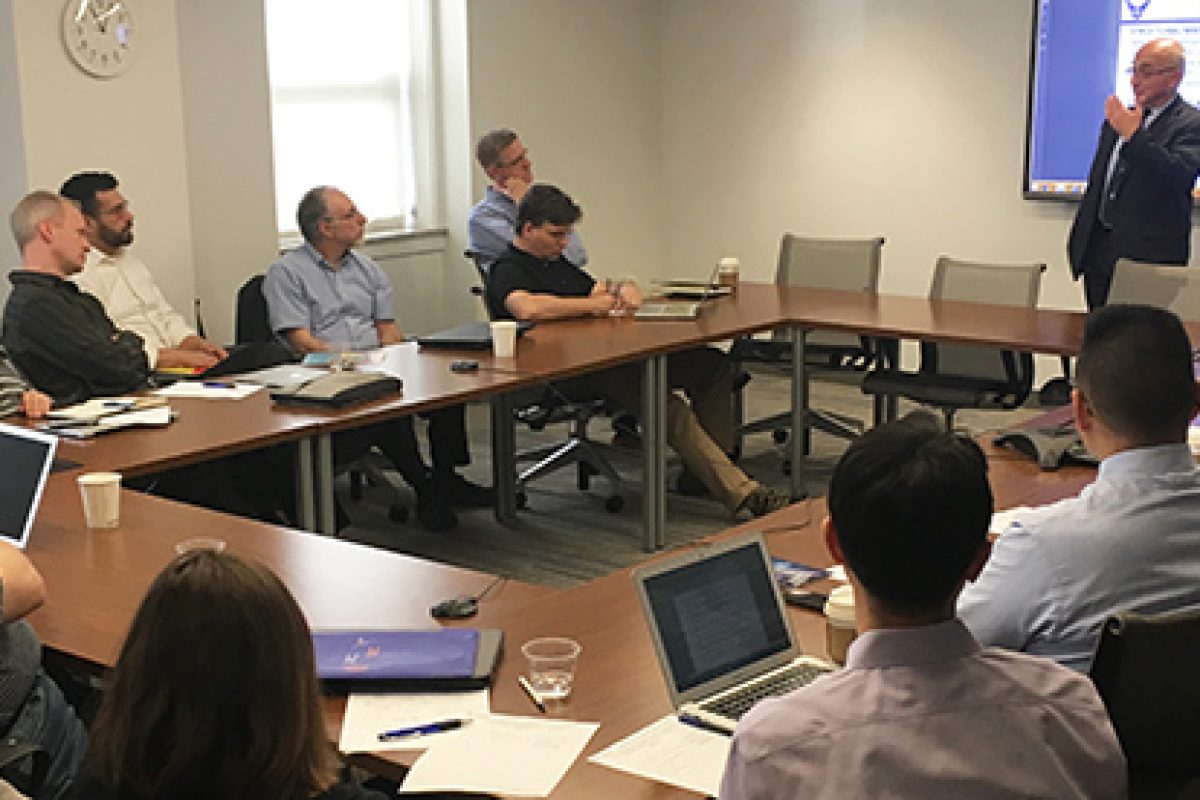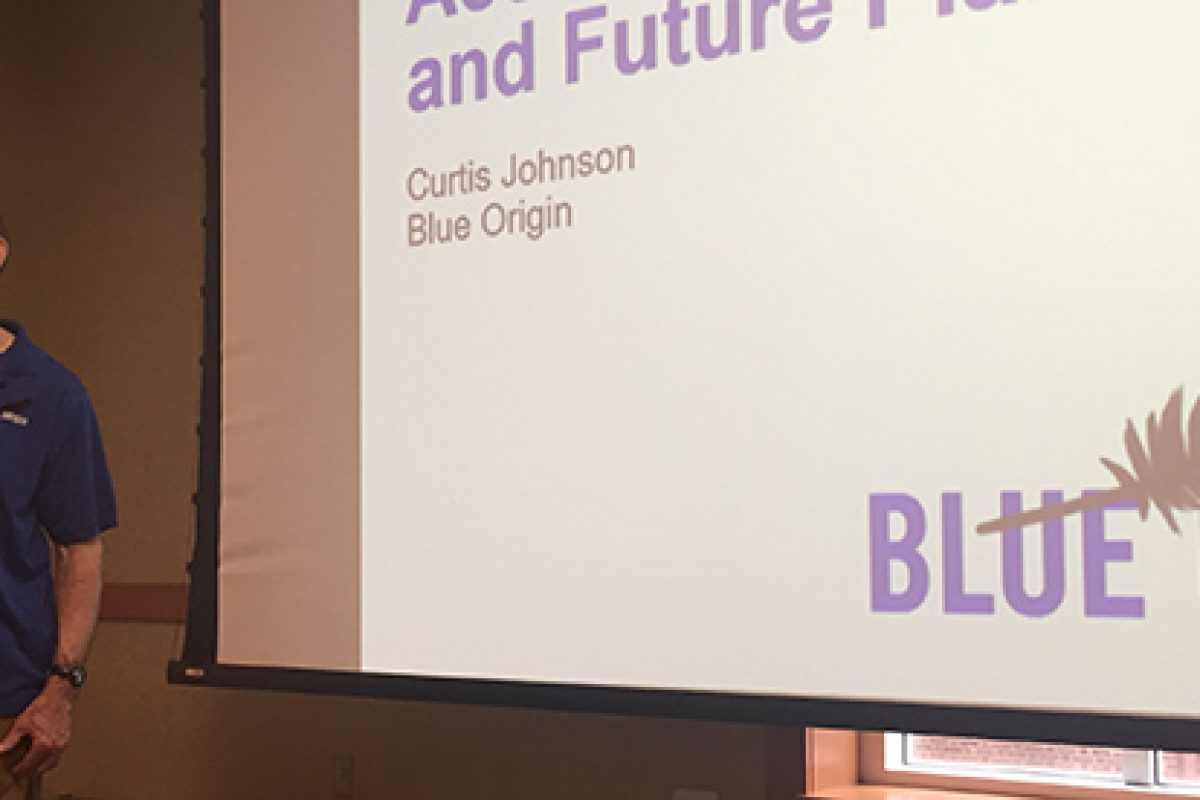Johns Hopkins University WSE and KSAS has been awarded up to $30 million to lead a consortium of three Mid-Atlantic universities that will work together on research projects with the National Institute of Standards and Technology.
The program, called the Professional Research Experience Program, will combine educational programs with real-world experiences to help students understand industry demands and advance measurement science.
The five-year program will involve undergraduate and graduate students as well as post-doctoral fellows, faculty, and academic affiliates. It will be led by the university’s Whiting School of Engineering and Krieger School of Arts and Sciences, which will work closely with the other members of the consortium, Morgan State University and State University of New York at Binghamton.
“The science and engineering posture across these three universities connects synergistically with many of the research thrust areas directly tied to National Institute of Standards and Technology laboratories and facilities,” said Larry Nagahara, associate dean of research for the Whiting School and the program’s technical coordinator.
Nagahara also said it’s programs like this that will help educate and train a workforce that can solve complex technology-based problems of the 21st century.
Previously, these three universities have worked together to research such topics as oyster aquaculture and marine animal health assessments; cold formed steel and how it reacts in earthquakes and fire; and standards for regenerative medicine.
“This partnership represents efforts to move from conventional university-style training to integrated field training,” Nagahara said. “It also leverages existing infrastructures and technologies across the universities and the institute to attract and retain young talent in STEM fields.”
The National Institute of Standards and Technology was created in 1901 to improve the domestic measurement infrastructure that lagged behind the capabilities of the United Kingdom, Germany, and other economic rivals at the time. It has since become the foundational source of technology, measurement, and standards for many of the products and services the United States relies on, including the smart electric power grid, atomic clocks, and computer chips.




